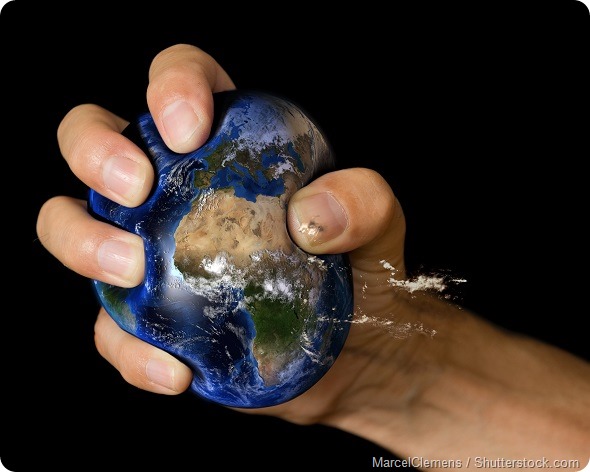A new report calling for immediate worldwide action to protect the natural systems that support human health has been released by The Rockefeller Foundation-Lancet Commission on Planetary Health.
The report provides, for the first time, a comprehensive study of evidence that demonstrates how the degradation of the planet’s ecosystems and natural resources is putting the health and well-being of future generations at serious risk.

"We are on the verge of triggering irreversible, global effects, ranging from ocean acidification to biodiversity loss," says chair of the report Professor Haines (London School of Hygiene and Tropical Medicine, UK).
These environmental changes - which include, but extend far beyond climate change - threaten the gains in health that have been achieved over recent decades and increase the risks to health arising from major challenges as diverse as under-nutrition and food insecurity, freshwater shortages, emerging infectious diseases, and extreme weather events."
The report, which was put together by a Commission of 15 leading researchers and policy makers from institutions in eight countries, shows how human activity has pushed the boundaries of the plant’s natural systems to near breaking point.
The Commission provides examples of various beneficial policies and actions that researchers, governments, organizations, health professionals and citizens can take to help protect both human health and the environment. Some examples of the benefits include healthy diets that contain more fruit and vegetables, decreased air pollution, active transport (walking and cycling), intact wetlands and mangroves providing better resistance to coastal flooding and reduced urban heat stress from green spaces. The report also identifies some major areas where further evidence and research is required.
Editor-in-Chief of The Lancet and one of the report authors, Dr Horton, says:
This Commission aims to put the health of human civilizations, and their special relationship with the larger biosphere, at the centre of concerns for future planetary sustainability. Our civilization may seem strong and resilient, but history tells us that our societies are fragile and vulnerable. We hope to show how we can protect and strengthen all that we hold dear about our world.”
Source